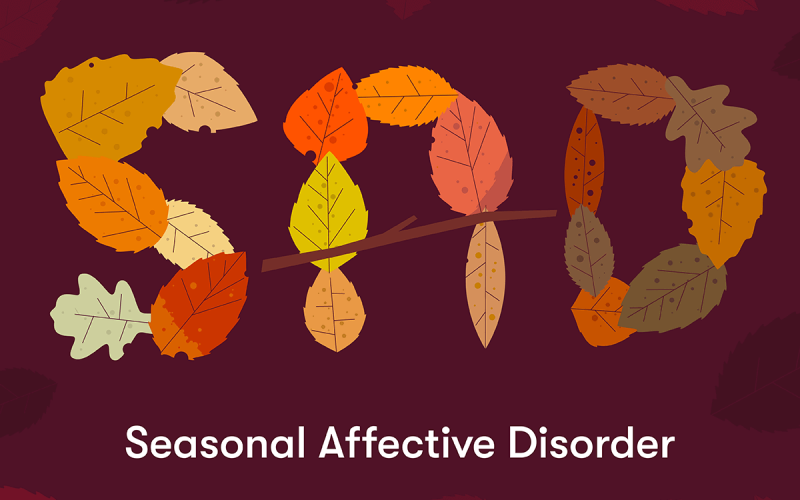Tips for managing some of life's more common difficulties
On this page you’ll find a range of Tip Sheets that we’ve produced to provide practical advice on a variety of topics.


Tips for Managing Finances
Plan your spend and budget – it might sound patronising but reviewing what’s coming into the household (earnings) and what’s going out (expenditure) can help identify potential savings.

Top Tips for Supporting Staff
Attend to the basics first, by paying attention to safety and practical needs. Ensure your staff have the equipment they need, as well as access to food, drink and uninterrupted rest.

Top tips for managing anxiety
Distract yourself from worries by doing something else. Absorb yourself in a hobby, get some exercise, watch a film, or chat with friends.

Tips for Managing Long Covid
Rest: Your body needs rest as it continues to recover. Take short rests throughout the day; stop regularly to do nothing.

Tips for eating well on the job
Take some healthy snacks with you, such as unsalted nuts, fruit or chopped vegetables, to keep you going between meals.

Tips for managing alcohol
If you are drinking heavily, try to reduce the volume you’re drinking just a little bit day by day – it’s really important you don’t stop drinking too suddenly as this can be dangerous.

Top tips for managing low mood
Try to develop and maintain a healthy routine; we all feel safer and more relaxed when we have a routine.

Top tips for managing working parenthood
Daisy Dowling’s (Founder and CEO of WorkParent) top tips for managing working parenthood.

Top tips for supporting teams
Find ways to be a team. Protect time for team activities; formal meetings and informal coffee breaks, either in real life or virtually.

6 Tips for Better Sleep
Poor sleep is a common problem: about 40% of us are sleep deprived, and 1 in 5 of us can’t get to sleep even when we try. Poor sleep can have effects ranging from anxiety to depression...

Managing relationships between teams
When working with teams beyond your own, key principles to hold in mind include:

Tips for working from home
Get outside for a little exercise. If you can, try to get outside for bit during the day when it’s light.

5 tips for living with Seasonal Affective Disorder
Here are five top tips for those living with Seasonal Affective Disorder, kindly produced by the creators of the Daylight and Sleepio Programmes. Keep a diary Noting how you feel…

How to start a conversation about men’s mental health
For men, speaking openly about mental health can be challenging due to stigma and the pressure to be “traditionally masculine”. Discussing emotions doesn’t always come naturally.

Welcome to the Hub. We hope you’ll find the support you’re looking for. To help us improve the site and make it relevant to you, please take a minute to answer a few quick questions. Thank you.
Give us feedback